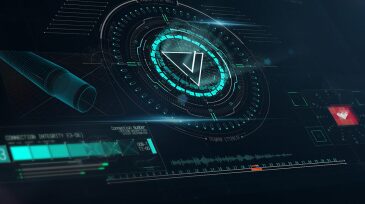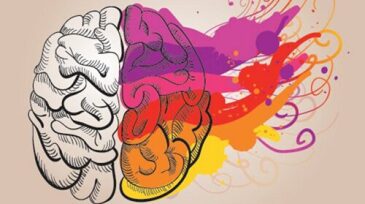artificial intelligence
-
The agreement signed by Schlumberger, AIQ, and Group 42 is designed to develop and commercialize artificial intelligence for global exploration and production.
-
Digitalization and automation successes are here to stay. Instead of making small incremental steps in well construction operations, allowing disruptive shifts can lead to tangible performance gains in efficiency, safety, and well integrity.
-
The oil and gas industry has picked up on the benefits of digitization and artificial intelligence in its day-to-day activities, and the health, safety, and environment sector is no exception. While AI brings clear benefits, the risks that come with those benefits remain unclear.
-
To drive progress in the field of data science, the authors propose 10 challenge areas for the research community to pursue. Because data science is broad, with methods drawing from computer science, statistics, and other disciplines, these challenge areas speak to the breadth of issues.
-
As data management (DM) moves from priority to imperative status in the beleaguered upstream industry, growing gaps between DM-mature and DM-immature organizations will determine future leaders.
-
Incorporating imagination into AI agents has long been an elusive goal of researchers in the space. Imagine AI programs that are able not only to learn new tasks but also to plan and reason about the future.
-
Deep learning is routinely used in products and services that affect hundreds of millions of lives, despite the fact that no one quite understands how it works. Now, the Office of Naval Research has awarded a $7.5 million grant to a group of researchers who think they can unravel the mystery.
-
“Being mindful is about being intentional,” said Ahmer Inam, chief AI officer at technology consulting firm Pactera Edge. “Mindful AI is about being aware and purposeful about the intention of, and emotions we hope to evoke through, an artificially intelligent experience.”
-
Decline-curve analysis is one of the more widely used forms of data analysis that evaluates well behavior and forecasts production and reserves. This paper presents technologies that apply DCA methods to wells in an unbiased, systematic, intelligent, and automated fashion.
-
The complete paper discusses optimization of a development plan involving low-salinity water injection.










